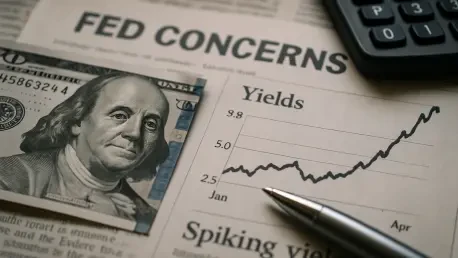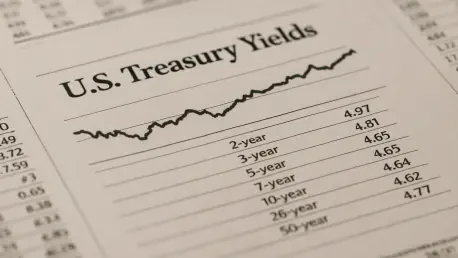
What began as a plan to rebuild a war-torn strip of land has rapidly escalated into a geopolitical fissure, drawing new lines in the sand that challenge the very foundation of postwar international cooperation. At the World Economic Forum in Davos, U.S. President Donald Trump unveiled his "Board of

The United Arab Emirates' aviation sector has ascended to a position of global leadership not through happenstance but as the meticulously executed outcome of a long-term national strategy rooted in visionary leadership and substantial strategic investment. This approach has transformed the nation

The U.S. stock market is currently navigating a precarious equilibrium, where the revolutionary promise of artificial intelligence is clashing with the sobering realities of macroeconomic data. While the year began with a surge of positive momentum, driven largely by the seemingly unstoppable

The Unsettled Bond Market: A New Era of Risk In a clear signal of growing unease among investors, U.S. Treasury yields surged on Friday, driven not by typical economic reports but by a potent mix of geopolitical drama and institutional instability. The across-the-board rise, which saw the 10-year

A Shifting Landscape: Why All Eyes Are on Treasury Yields The U.S. Treasury market, a cornerstone of global finance, is sending ripples across the economy as yields continue their upward march. These rates, which influence everything from mortgage loans and corporate debt to the valuation of

In a move that underscores a deep-seated policy dilemma, the People's Bank of China has maintained its benchmark lending rates for the eighth consecutive month, navigating a precarious path between stimulating a faltering economy and preventing the buildup of systemic financial risks. This decision